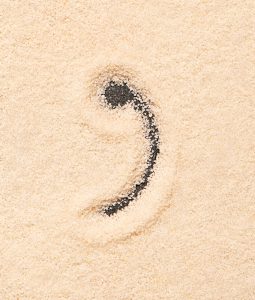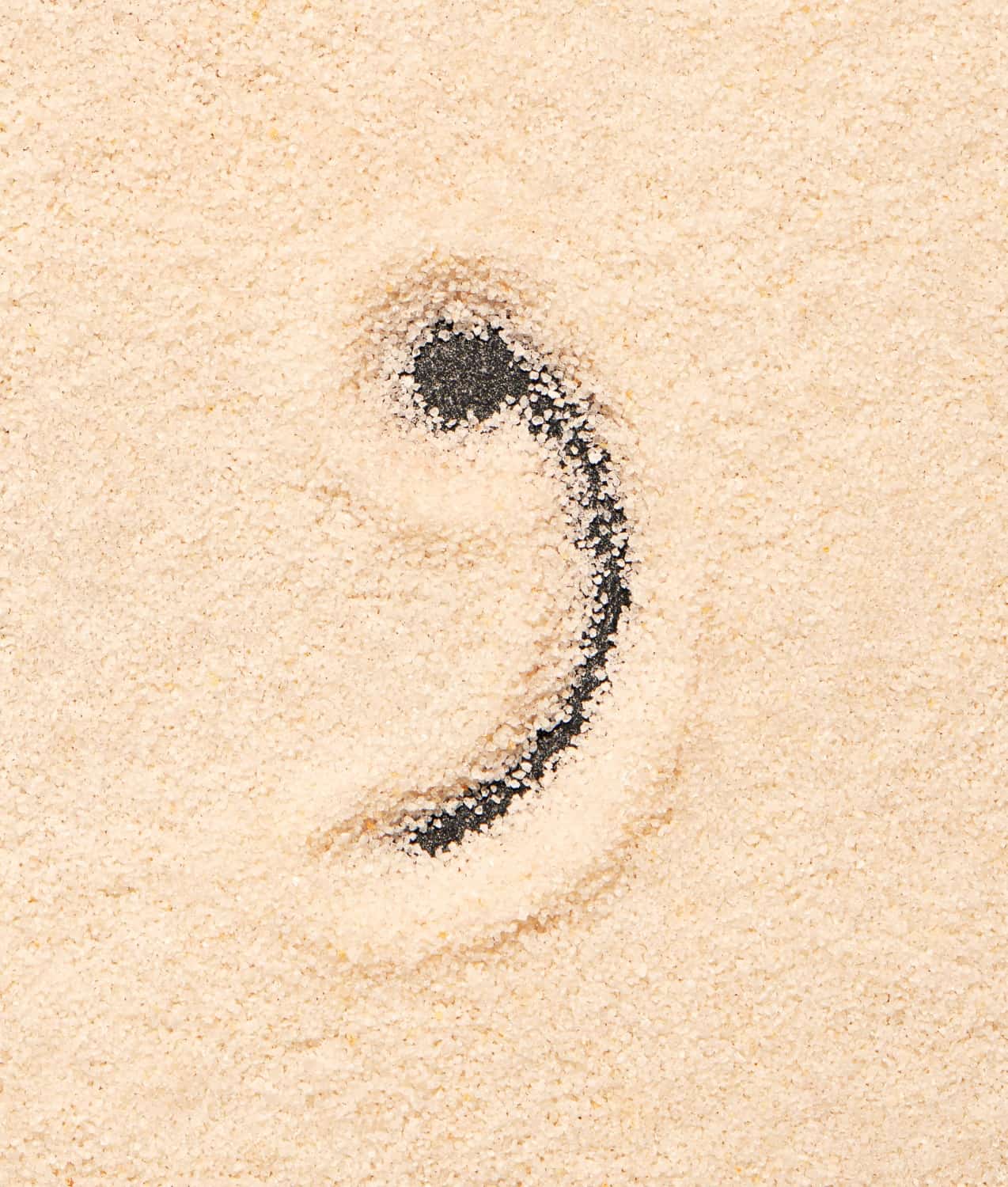 After reading my last post about random capitalization, a friend asked me on Facebook to write about apostrophes. Since the apostrophe is such an abused punctuation mark, I agreed.
After reading my last post about random capitalization, a friend asked me on Facebook to write about apostrophes. Since the apostrophe is such an abused punctuation mark, I agreed.
How can the apostrophe be both ubiquitous (everywhere) and elusive (hard to find)? The apostrophe, if not exactly ubiquitous, certainly shows up in many places it doesn’t belong. At the same time it is frequently missing from places it does belong.
There are two major uses for the apostrophe:
- To show possession—Add ‘s to singular words and plural words not ending in s: Carolyn’s question, Jane’s purse, the dog’s bowl, children’s teacher, oxen’s yoke. Add an apostrophe only to plural words ending in s: students’ questions, the girls’ purses, the dogs’ bowls, twins’ bedroom.
- To indicate missing letters or numerals as in contractions—can’t (cannot), shouldn’t (should not), ’tis (it is), she’d (she had). An apostrophe can also be used in other places where letters or numbers are missing—’98, dancin’.
An apostrophe is used to form a plural only in the rare case of making lowercase letters plural: x’s and y’s. Uppercase letters used as words do not require an apostrophe for their plural form: 3Rs.
The apostrophe and the single quotation mark look the same but have different uses. The single quotation mark is used primarily for quotations within quotations.
The most common apostrophe errors are using them when they aren’t needed, using them in the wrong place in the word, or not using them when they are needed.
- Do not use an apostrophe to form plural except in the unusual situation mentioned above (making individual lower-case letters plural). The Johnson family is not the Johnson’s, more than one book is not book’s, and a bouquet of flowers is not flower’s.
- Put the apostrophe either before the s or at the end of the word, depending on whether it the word is singular or plural: The secretary’s phone (not the secretarys’ phone), the student’s classes (one student) or the students’ classes (many students), the children’s toys.
- Use apostrophes to show possession or to indicate missing letters or words: Tony’s hobby, neighbors’ pets, can’t, didn’t, singin’.
Have you sent other misuses of the apostrophe? Share on social media.
And let me know if you would like me to address special writing mistakes in future posts.
Image: © Depositphotos.com/IntelWond

